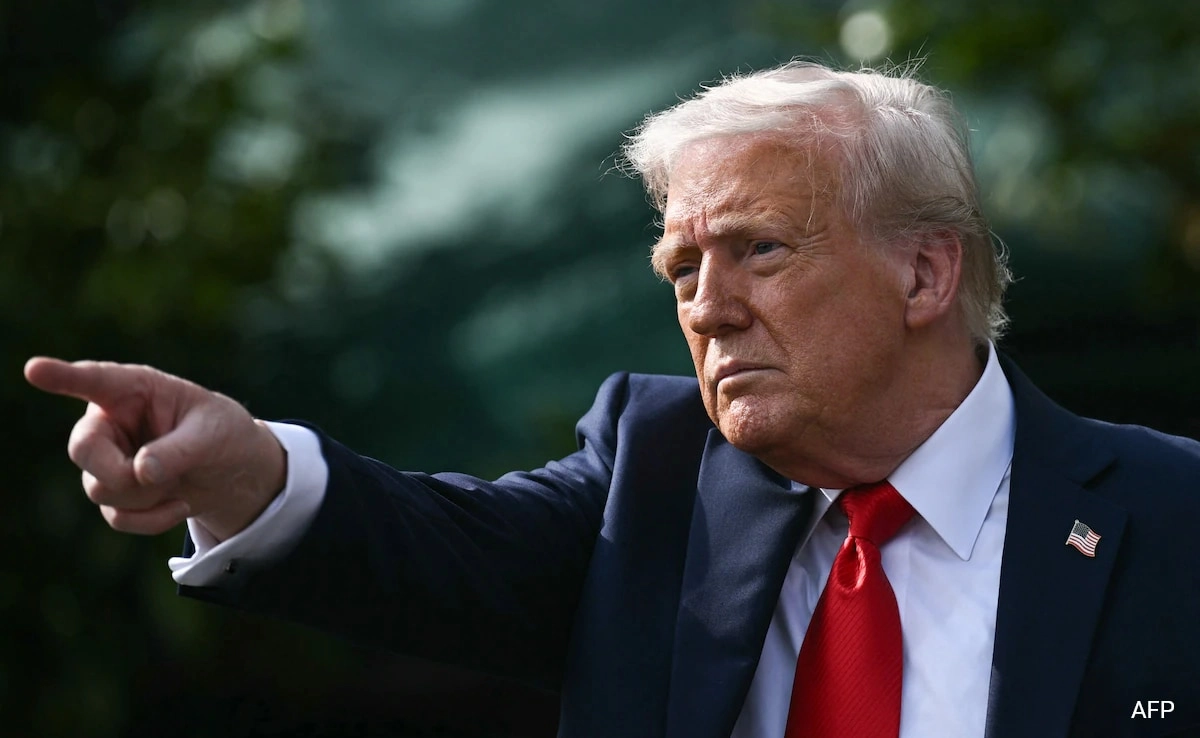In the midst of escalating tensions and a complex tariff war, former President Donald Trump expressed a willingness to engage in dialogue with China. This statement reflects the ongoing economic struggle between the United States and China, two of the world’s largest economies. The trade conflict, characterized by the imposition of tariffs on various goods, has had significant implications for global trade dynamics. Trump’s approach suggests a desire to find a resolution to the trade disagreements that have strained relations between the two nations.
Trump’s remarks come at a time when both countries have felt the repercussions of the tariff war, including impacts on businesses, consumers, and international markets. The tariffs imposed by the U.S. on Chinese imports aimed to address issues such as intellectual property theft and trade imbalances. However, the retaliatory tariffs from China have equally affected U.S. exporters, creating a challenging environment for industries reliant on international trade. Trump’s acknowledgment of the need for dialogue signals a possible shift towards negotiation rather than continued confrontation.
Moreover, the former president’s comments highlight the intricate relationship between the U.S. and China, which is not solely defined by economic competition but also encompasses geopolitical considerations. As both nations navigate the complexities of their relationship, the prospect of talks could pave the way for a more cooperative approach to resolving outstanding issues. This situation underscores the importance of diplomacy in addressing economic disputes, as prolonged tariff wars can lead to unintended consequences that affect not only the parties involved but also the global economy as a whole.
In conclusion, Trump’s willingness to “talk to China” amidst the tariff war symbolizes a critical juncture in U.S.-China relations. While the trade conflict has defined much of the recent economic landscape, the potential for dialogue offers a glimmer of hope for resolving disputes and fostering a more stable economic environment. As both nations consider their next steps, the emphasis on communication and negotiation could ultimately lead to a more balanced and mutually beneficial relationship.




